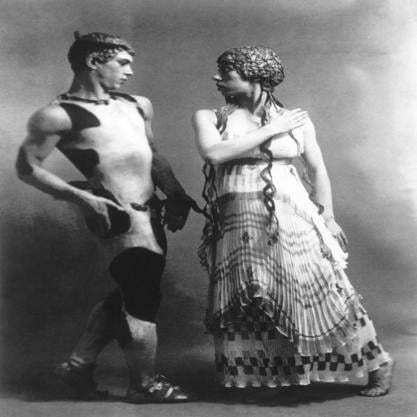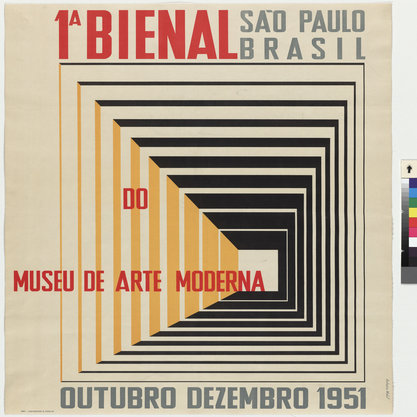Article
McBurnie, Beryl (1914–2000) By Sörgel, Sabine
Article
Known as the Caribbean’s mother of dance, Beryl McBurnie counts amongst the leading figures of Caribbean modern dance, a movement that furthered decolonization and postcolonial nation-building in the region. Along with pioneers of Caribbean dance such as Katherine Dunham, Lavinia Williams, Ivy Baxter, Rex Nettleford, and Eduardo Rivero, McBurnie researched, collected, taught, and distilled an indigenous folk dance heritage in order to build an authentic Caribbean modern dance vocabulary, technique, and training. In the early 1940s she was one of the first Trinidadian dancers to receive modern dance training in New York, and throughout her travels in the Caribbean region and beyond she taught her dances to several key figures of the Caribbean modern dance movement, including Ivy Baxter and Geoffrey Holder. McBurnie founded her Little Carib Theatre and Dance Company in 1948, which was amongst the first independent performance venues in the region and soon became a flagship for Trinidadian independence. She not only laid the groundwork for Caribbean modern dance but she also—to quote Alvin Ailey—was ‘one of the three extraordinary Black women who have had profound influence on American dance’ next to Katherine Dunham and Pearl Primus (Sörgel 2007).

